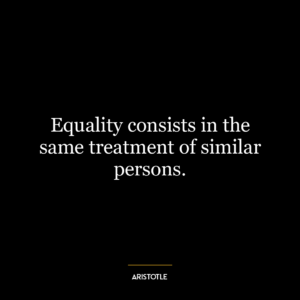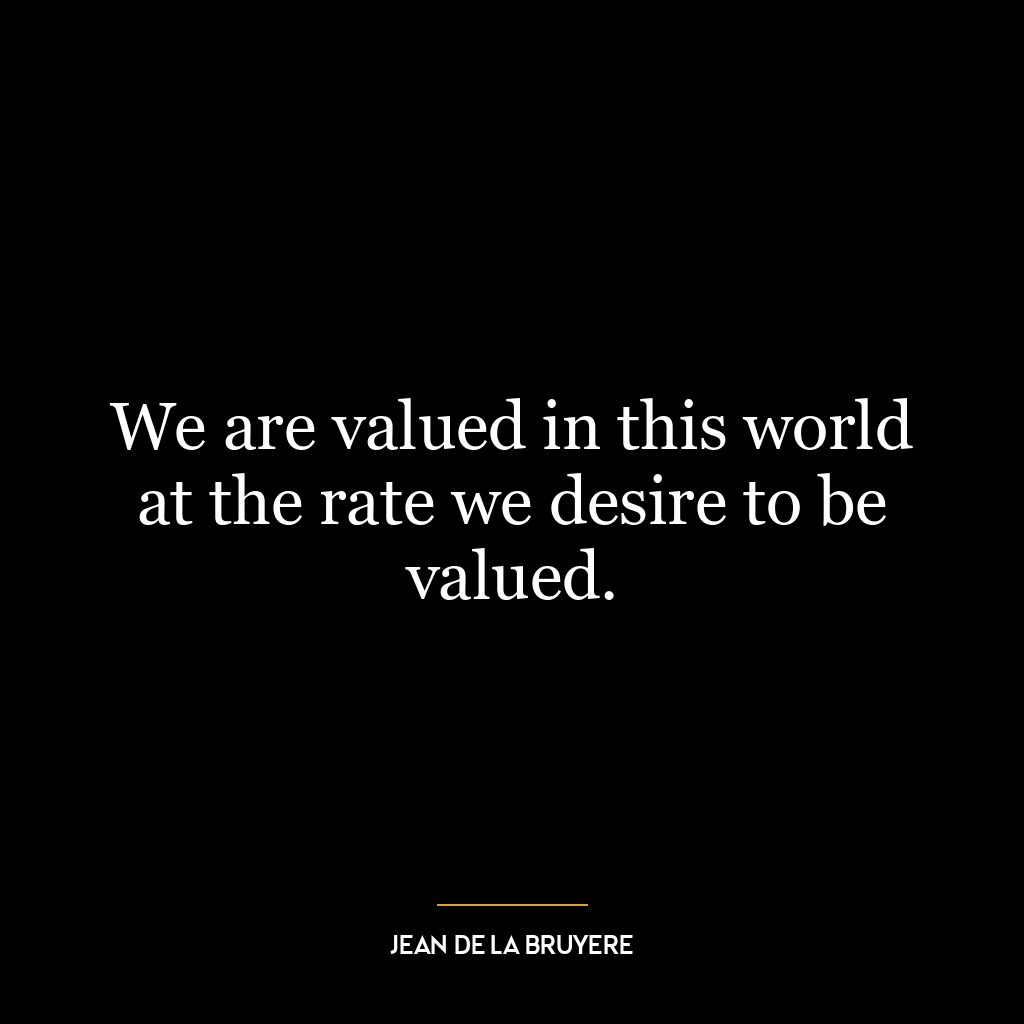“Wickedness is nourished by lust” is a profound statement that touches on the nature of human behavior and morality. This quote suggests that immoral or wicked actions are often fueled by intense, uncontrolled desires, or lusts. Lust is not only confined to sexual desire but pertains to any form of excessive craving, be it for power, wealth, fame, or any other object of desire.
When we let our lusts control us, we risk compromising our moral principles to satisfy these desires. This can lead to wickedness, as we may resort to dishonesty, manipulation, or other harmful actions to achieve what we lust for. In this sense, our lusts nourish or feed our potential for wicked behavior.
In a modern context, this quote can be seen reflected in the various forms of corruption, exploitation, and greed that exist in our societies. In the corporate world, for example, an excessive desire for profits can lead to unethical business practices. On a personal level, an intense craving for recognition can make us disregard the feelings and well-being of others.
In terms of personal development, this quote serves as a reminder to maintain control over our desires and not let them dictate our actions. It encourages mindfulness, self-discipline, and ethical behavior. It suggests that we should strive to balance our desires with our principles, and not let the former compromise the latter.
In essence, the quote is a timeless piece of wisdom that encourages us to be self-aware, to regulate our desires, and to always uphold our moral principles. It reminds us that our character is defined not by what we desire, but by how we act upon these desires.















